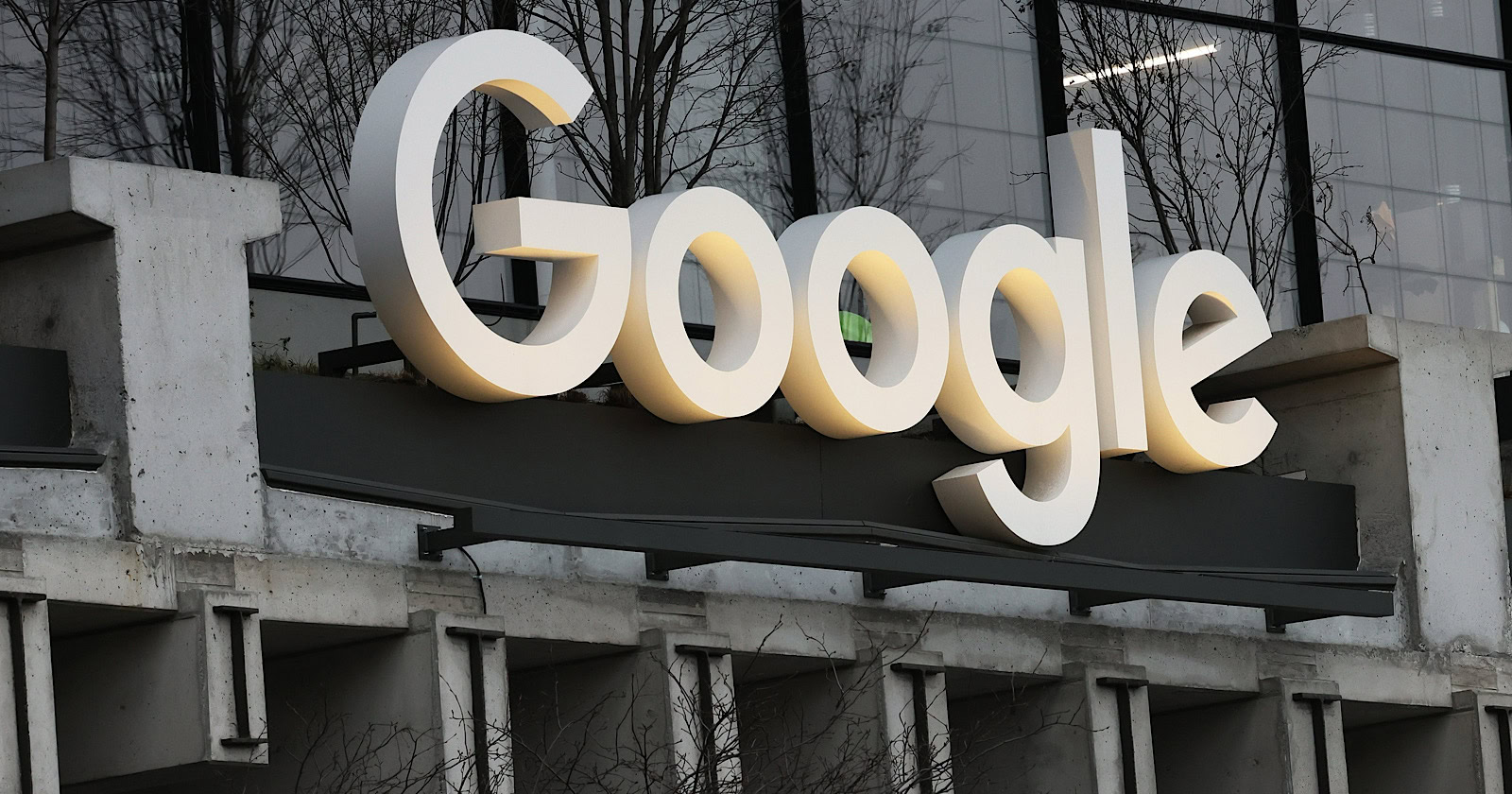Google has announced it will no longer phase out third-party cookies in Chrome.
Instead, it’s trying a new approach that emphasizes user choice and control over their web browsing privacy.
Major Policy Reversal
For years, the company had been working towards eliminating third-party cookies, repeatedly delaying the implementation due to various challenges.
Instead of deprecating these cookies, Google will introduce a new experience in Chrome that allows users to make informed choices about their privacy settings.
Anthony Chavez, VP of Privacy Sandbox at Google, stated in the announcement:
“We are proposing an updated approach that elevates user choice. Instead of deprecating third-party cookies, we would introduce a new experience in Chrome that lets people make an informed choice that applies across their web browsing, and they’d be able to adjust that choice at any time.”
User Control At The Forefront
Under this new proposal, Chrome users can set their privacy preferences, which will apply across their web browsing activities.
This pivot comes after extensive feedback from various stakeholders, including regulators like the UK’s Competition and Markets Authority (CMA) and Information Commissioner’s Office (ICO), as well as publishers, web developers, standards groups, civil society, and advertising industry participants.
Continued Commitment To Privacy Sandbox
Despite this major change in direction, Google remains committed to its Privacy Sandbox initiative. The company plans to continue developing and offering Privacy Sandbox APIs to improve privacy protection and utility for those who choose to use them.
Additionally, Google intends to introduce IP Protection into Chrome’s Incognito mode, further enhancing user privacy options.
Implications For the Digital Advertising Landscape
This reversal is likely to have far-reaching implications for the digital advertising industry. Advertisers and publishers preparing for a cookieless future may need to reassess their strategies.
Google has stated that it will continue to consult with the CMA, ICO, and other global regulators as it finalizes its new approach. The company also intends to engage with the industry as it rolls out these changes.
In Summary
As Google shifts its approach to third-party cookies, here are key points to remember:
- Google isn’t phasing out third-party cookies as previously planned.
- Users will have more control over their privacy settings in Chrome.
- The Privacy Sandbox project will continue, offering alternative technologies.
- This change will affect advertisers, publishers, and users differently.
- The full impact of this decision on the digital advertising landscape remains to be seen.
Featured Image: photosince/Shutterstock





![[SEO, PPC & Attribution] Unlocking The Power Of Offline Marketing In A Digital World](https://www.searchenginejournal.com/wp-content/uploads/2025/03/sidebar1x-534.png)